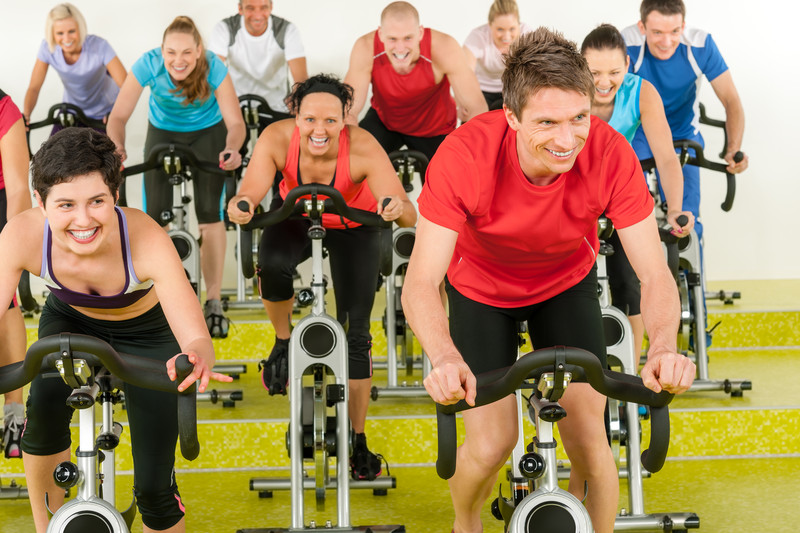John Lubbock said, “A day of worry is more exhausting than a week of work.”
And that’s exactly what it feels like if you suffer from the symptoms of anxiety and panic attacks.
I have a good friend who is approaching his 60’s and he has told me this on many occasions; he has had some fairly major heart issues in recent years and one of the legacies he has been left to deal with is anxiety and panic attacks.
This came as quite a shock to him as he had never been exposed to anything like this in his life before.
It has been extremely debilitating for him so learning some new techniques to deal with the stress of anxiety has been a high priority so he can get back to living a normal family life.
So if you suffer from any kind of anxiety and are in the process of seeking treatment, don’t be surprised if your doctor or healthcare provider includes a regular exercise program as part of your prescription.
Exercise and regular physical activity have been well proven to help ease and soothe the frazzled nerves of people suffering from anxiety. More than minimizing anxiety attacks, exercise also makes it easier for people to manage the stressful symptoms of the condition.
How exercise works to ease anxiety and panic attacks?
Some of the most common symptoms of anxiety include shortness of breath, heart palpitations, hyperventilation, dizziness, tiredness and stress. These symptoms are easily remedied or minimized by exercise.

Regular cardiovascular exercise strengthens the heart and lungs and organs affected by the symptoms of anxiety and panic attacks. By making your heart stronger, exercise helps lower your blood pressure and regulate your heart rate.
A stronger heart also ensures enough oxygen is supplied to the brain which minimizes dizzy spells.
Cardiovascular exercise also increases lung power which prevents hyperventilation and shortness of breath.
Regular exercise also reduces stress by encouraging the release of endorphins or feel-good hormones in your body.
Aside from improving your body’s capability to handle anxiety symptoms, regular moderate exercise also offers the benefit of improving your overall physical condition and that helps with longevity and general well-being.
Other benefits of exercise in reducing anxiety:
The benefits of exercise are not limited to improving your physical condition. Your overall emotional and psychological well-being can also benefit from exercise which in turn helps ease anxiety symptoms.
4 Major Benefits Exercise Can Give You in Minimizing Anxiety:
1. Exercise gives you a distraction from the anxiety.
Instead of dwelling on your worries, getting into exercise can provide you with the necessary distraction. The music you listen to or the outdoor view can help your brain disengage from your worries and shift your attention to more pleasant things.
One form of exercise that is not only good for your body but is also great for the relief of anxiety, stress, depression and panic attacks is Yoga.
There are a number of different types of Yoga practiced so you will be able to learn advanced breathing techniques which are very useful when you feel a panic attack coming on as well as meditation skills that you can do anywhere and anytime you feel the need.
I recommend you try some Yoga classes or if you prefer the comfort of your own home the have a look at this book for some ideas: Yoga for Anxiety: Meditations and Practices for Calming the Body and Mind.
2. Exercise boosts your confidence.
Aside from the obvious benefit of making you fit and looking good, exercising will also boost your confidence. So treat excess kilos as hurdles you have to overcome and each kilo lost, as an accomplishment. By doing so, exercise gives you a feeling of accomplishment with the added bonus of making you look good.
3. Exercise allows you to socialize.
Anxiety can turn you into a recluse and you tend to shy away from other people. But exercise, like taking a walk or jogging around your neighbourhood, can provide you with opportunities to be around other people and interact with them.
Interaction can be as simple as an exchange of smiles or being reacquainted with other local people from around your area.
4. Exercise gives you an outlet to vent and cope.
There are many ways of coping with anxiety but not all of them are good for your health. A number of people will often try to mask the condition by resorting to drugs, excessive drinking, involving themselves in toxic relationships or overeating.
These strategies are unhealthy and can do even more damage to your mental health. On the other hand, exercising allows you to vent your anxiety into physical activity which helps you feel better and be fitter and healthier.
So you can see, exercising can certainly contribute a great deal to anxiety, stress and panic attack treatment and therapy.
Apart from minimizing the symptoms, exercise also allows you to improve your sense of well-being which is crucial to your long-term recovery.
I hope you found these tips useful. If so, help a friend – please like and share.
Cheers – John – your Active Ageing Activist and Coach.

Leave a Reply